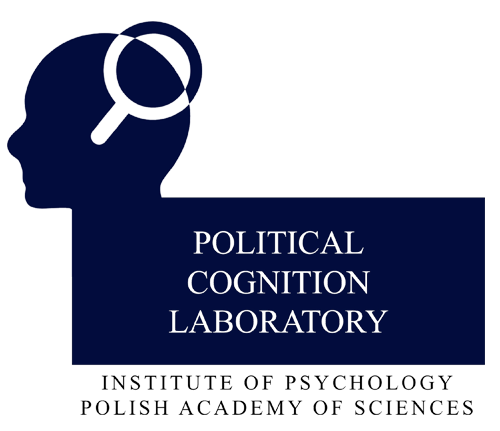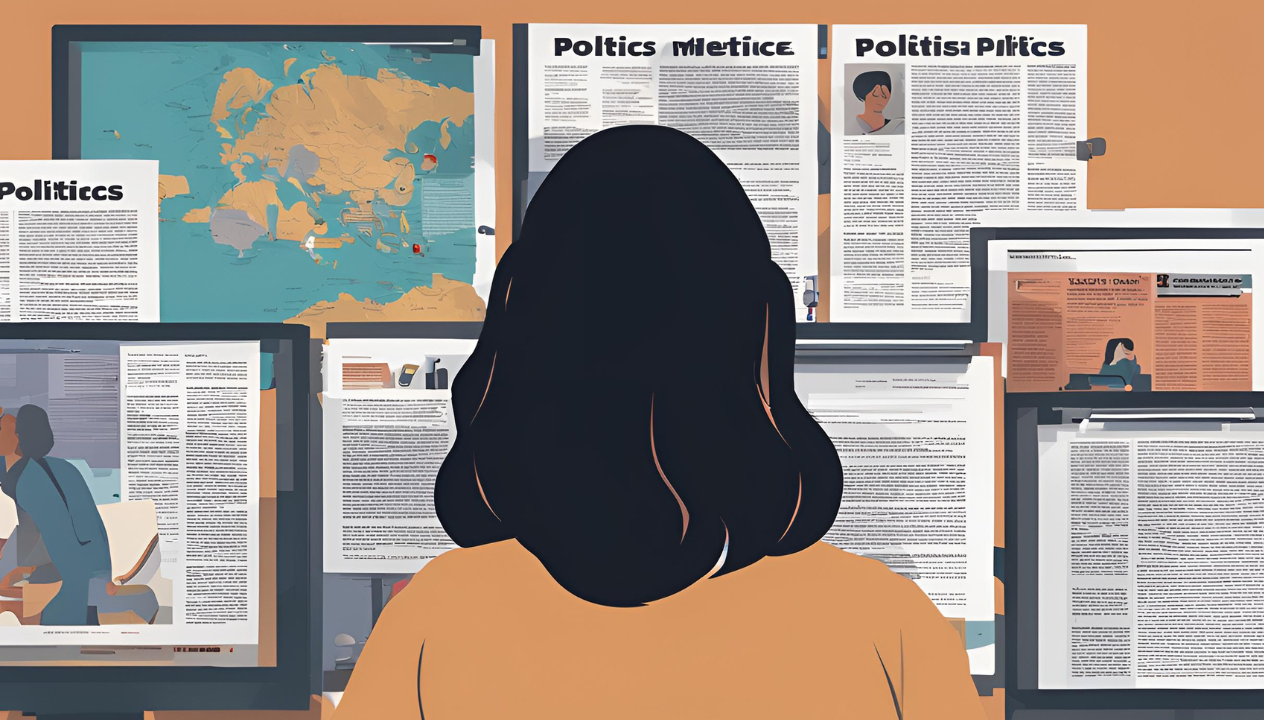Co-authored text in the Routledge Handbook of Illiberalism!
We would like to invite you to read our new, co-authored text about the way in which group needs for recognition and domination shape our political behaviour. The chapter was written in collaboration with fellow researchers from the Political Psychology Lab of the University of Kent as well as the Social Psychology team of the University of Social Sciences and Humanities. The research was carried out as part of the NORFACE project.
Abstract:
The rise of illiberalism may have been fuelled in part by group-based psychological needs for recognition and dominance. The group-based need for recognition can be captured by collective narcissism: a belief in ingroup greatness contingent on external validation. Collective narcissism has consistently been associated with outgroup prejudice and hostility, especially towards groups that are perceived to have insulted or threatened the ingroup. The group-based need for dominance can be captured by social dominance orientation: an ideological attitude characterized by a strong preference for maintaining or enhancing hierarchies in intergroup relations and establishing dominance. While the two needs differ in their psychological antecedents and consequences, the craving for recognition of the ingroup can slide into a demand for dominance. Both collective narcissism and social dominance orientation have been associated with support for illiberal leaders, political movements, and policies. Opposition to democracy, civil liberties, science, and environmental protection can all be used to signal the country’s dominance and independence from others. Thus the needs for recognition and dominance can form a toxic blend, creating a psychological basis for the present popularity of illiberalism.
Link to the anthology: Routledge Handbook of Illiberalism









